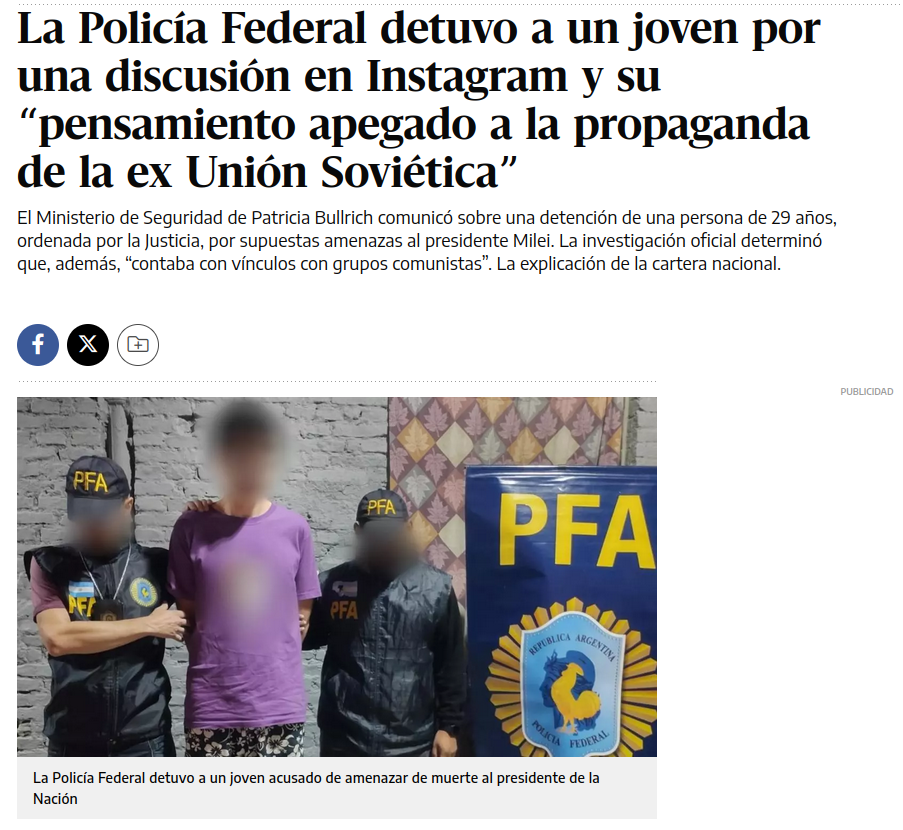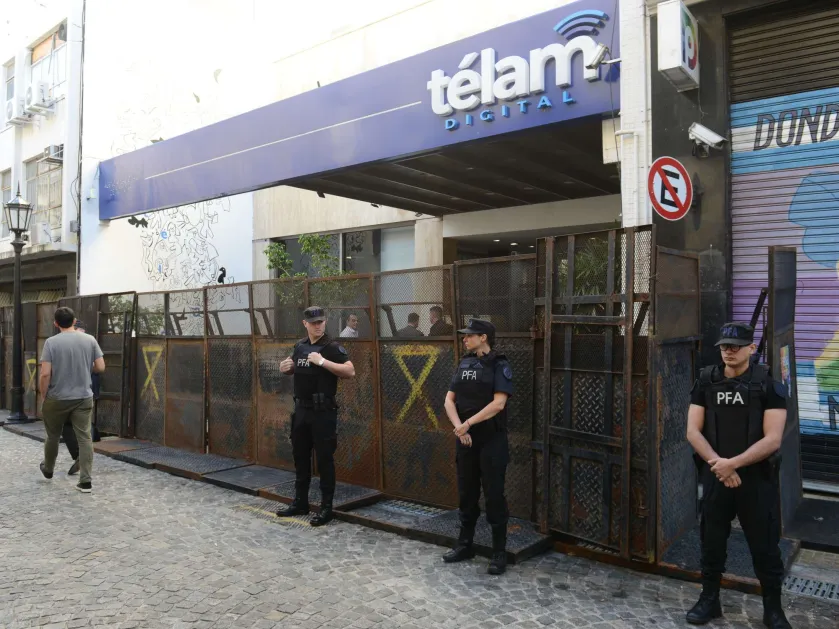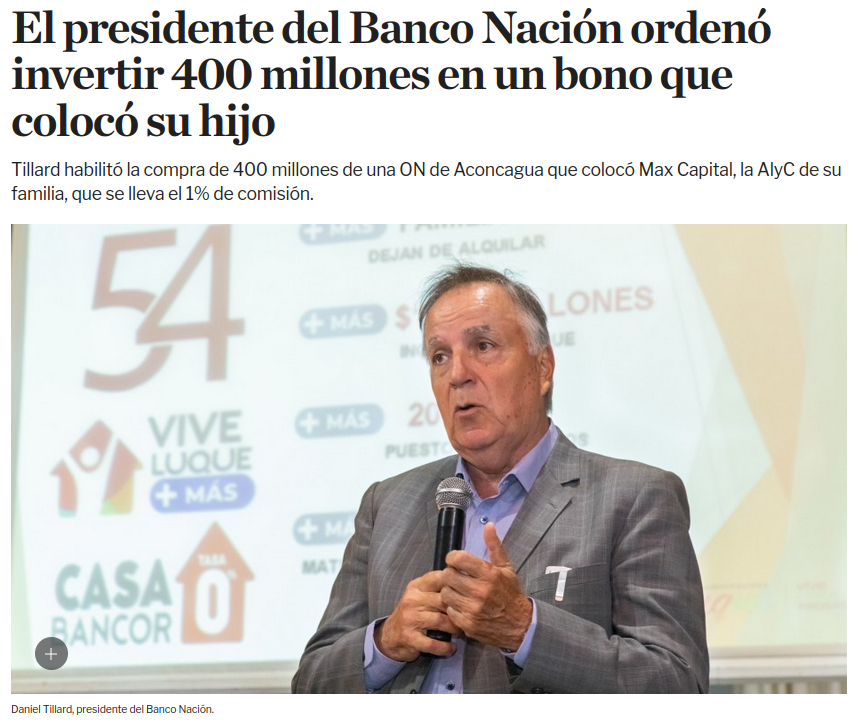latam
8018 readers
17 users here now

[GUARANÍ] Tereg̃uaheporãite / [ES] Bienvenidos / [PT] Bem vindo / [FR] Bienvenue / [NL] Welkom
Everything to do with the USA's own Imperial Backyard. From hispanics to the originary peoples of the americas to the diasporas, South America to Central America, to the Caribbean to North America (yes, we're also there).
Post memes, art, articles, questions, anything you'd like as long as it's about Latin America. Try to tag your posts with the language used, check the tags used above for reference (and don't forget to put some lime and salt to it).
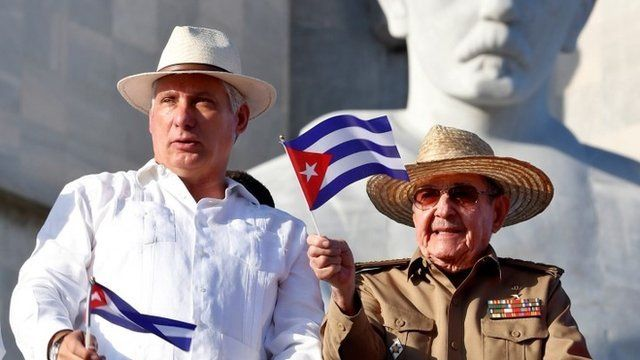
founded 3 years ago
MODERATORS
26
27
25
Cuban Artists for Palestine: A Collective Mural Calls for Neighborhood Reflection
(resumen-english.org)
28
22
60 Years Later Brazil has not Come to Terms with the Legacy of the Dictatorship
(resumen-english.org)
29
14
Meet the U.S. Lawyer Representing Mexico in Its Lawsuits against the Billion-Dollar U.S. Gun Industry
(www.theborderchronicle.com)
30
31
32
33
34
35
36
37
38
39
40
41
42
43
44
45
46
47
48
49
50

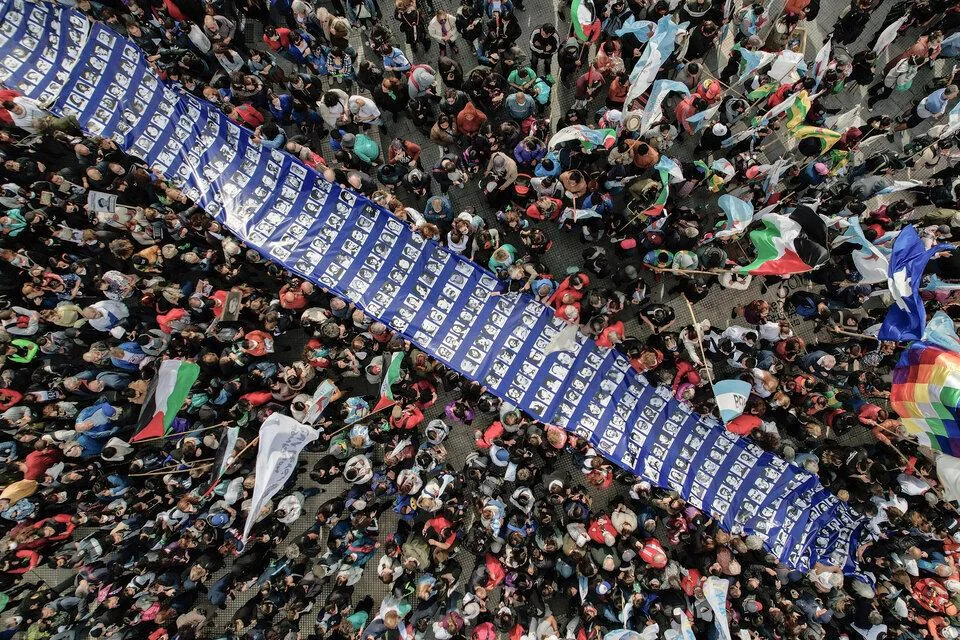

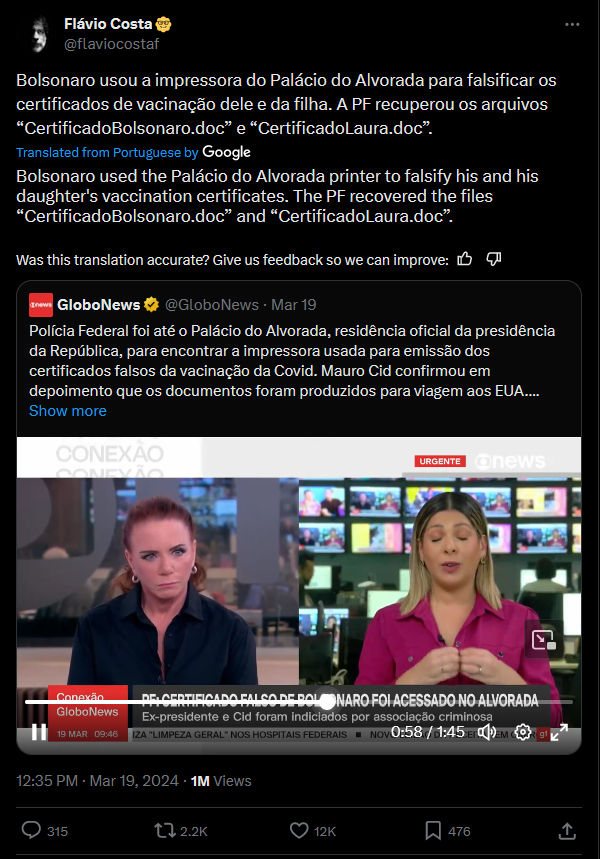
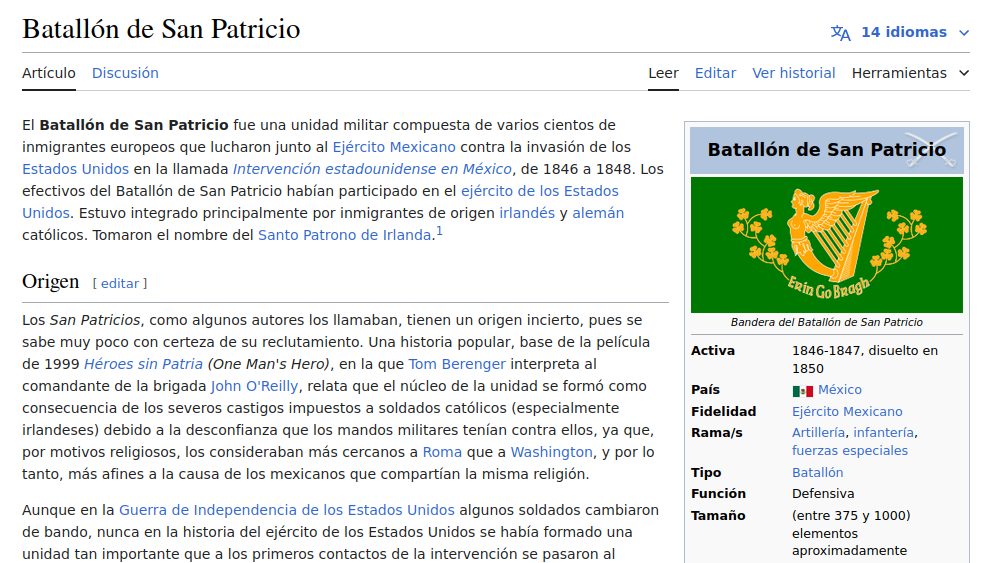

 wouldn't call it more polarized than ever (jacobin cmon), but seems like a not good situation tbh.
wouldn't call it more polarized than ever (jacobin cmon), but seems like a not good situation tbh.